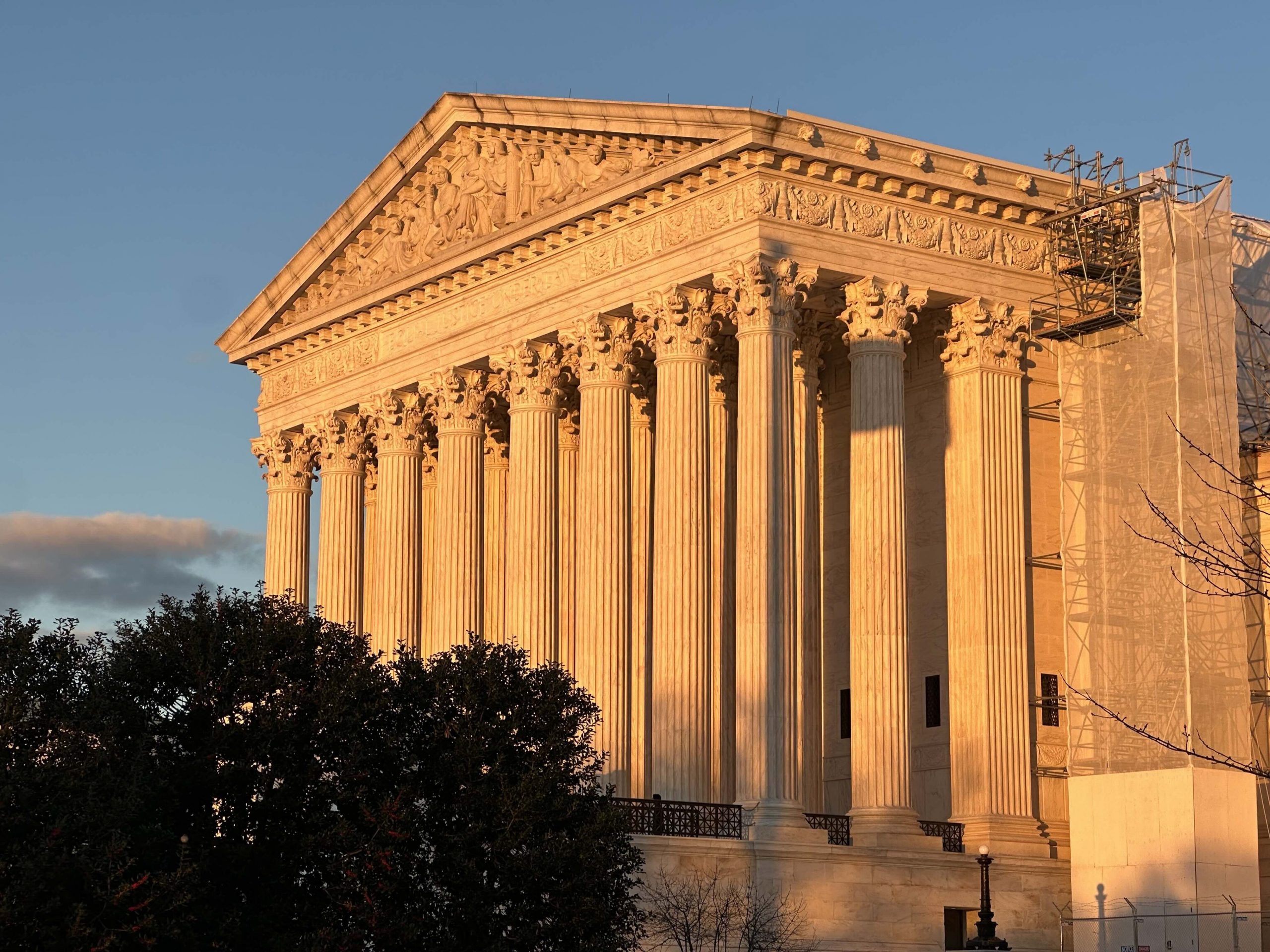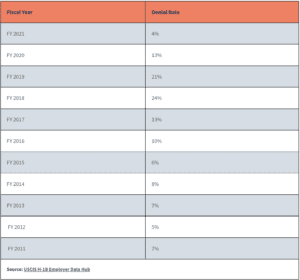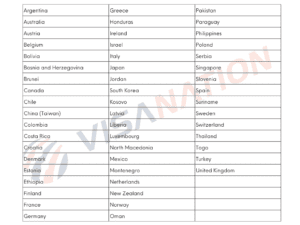Preventing a New Haitian Migration Crisis
My colleague Todd Bensman writes about the specter of a new Haitian migration crisis:
What the administration of President Joe Biden does next will determine if the collapse and total failure of Haiti … sets off a marine mass migration crisis for the United States in the coming weeks.
The first boats full of people fleeing state collapse are on the way toward the Florida shoreline, and the small U.S. Border Patrol station in the string of islands known as the Florida Keys is reportedly warning that it is unprepared and will be quickly overwhelmed if their bosses in Washington allow any to land.
Bensman warns that:
-
Interdicted repatriations at sea or rewarding welcomes in Florida is the inflection point test to watch as increasing numbers of boats loaded with Haitians make their way toward Florida through Bahamas waters, according to Royal Bahamas Defense Force Commodore Dr. Raymond King, whose force has interdicted some.
-
If the administration applies policies it uses at the land border to those entering by sea — letting them land and admitting them all — expect a mass seaborne migration crisis.
-
When nations reward illegal entry with long-term admission, large numbers will follow those early trailblazers. That’s why and how the largest mass migration in the history of the United States got underway on inauguration day 2021.
This warning is bolstered by the observation in 1982 of the former Fifth, now Eleventh, Circuit Court of Appeals in Haitian Refugee Center v. Smith:
It is highly likely that [the then Immigration and Naturalization Service’s] inaction provided the greatest inducement to the ultimate swollen tide of incoming, undocumented Haitians. Record material suggests that a large percentage of the aliens bought passage to the United States from promoters in Haiti whose best sales pitch was the large number of the prospect’s countrymen who, without visas or other documents, had reached Florida and were residing there undisturbed. Protestations by INS of the illegality of such operations could hardly be expected to prevail against the proprietary reasoning that Haitians who reached southern Florida were living, working and earning in the United States.
Assuming for the sake of argument that the Biden administration actually wants to forestall yet another migration crisis on its watch, what courses of action are available? Bensman writes that:
-
[T]he [repatriation by] air option is closed for now, as vicious gangs rampage through Haiti’s airports. They’ve also taken over Haiti’s sea ports.
-
During past Haitian boat people crises, U.S. presidents have opened migrant camps on the military base at Guantanamo Bay, Cuba. President George H.W. Bush used that option to quell a flow in 1991-1992. … [In 1994, President] Clinton organized a multi-national military occupation of Haiti to shut down a gathering boat exodus, and returned the Haitians at sea to a more stable place.
I presume that President Biden is not going to organize a multi-national military occupation. And while I encourage the renewed use of Guantanamo Bay, that may not be sufficient. As the Supreme Court noted in its 1993 decision in Sale v. Haitian Ctrs. Council:
-
On September 30, 1991, a group of military leaders displaced the [Haitian] government of Jean Bertrand Aristide. … [S]ince the military coup “hundreds of Haitians have been killed, tortured, detained without a warrant, or subjected to violence and the destruction of their property because of their political beliefs.[”]
-
During the six months after October 1991, the Coast Guard interdicted over 34,000 Haitians. Because so many interdicted Haitians could not be safely processed on Coast Guard cutters, the Department of Defense established temporary facilities at the United States Naval Base in Guantanamo, Cuba, to accommodate them during the [withholding of removal] screening process. Those temporary facilities, however, had a capacity of only about 12,500 persons. In the first three weeks of May 1992, the Coast Guard intercepted 127 vessels … carr[ying] 10,497 undocumented aliens. On May 22, 1992, the United States Navy determined that no additional migrants could safely be accommodated at Guantanamo.
What to do? As the court explained, President George H.W. Bush had a decision to make:
With both the facilities at Guantanamo and available Coast Guard cutters saturated, and with the number of Haitian emigrants in unseaworthy craft increasing (many had drowned as they attempted the trip to Florida), the Government could no longer both protect our borders and offer the Haitians even a modified [withholding] screening process. It had to choose between allowing Haitians into the United States for the screening process or repatriating them without giving them any opportunity to establish their qualifications as refugees. In the judgment of the President’s advisers, the first choice not only would have defeated the original purpose of the [interdiction] program (controlling illegal immigration), but also would have impeded diplomatic efforts to restore democratic government in Haiti and would have posed a life-threatening danger to thousands of persons embarking on long voyages in dangerous craft. [Emphasis in original.]
As the court wrote, “On May 23, 1992, President Bush adopted the second choice.” He “directed the Coast Guard to intercept vessels illegally transporting passengers from Haiti to the United States and to return those passengers to Haiti without first determining whether they may qualify as refugees.” And, “After assuming office, President Clinton decided not to modify that order”.
President Bush issued an executive order relying on his power under section 212(f) of the INA to “suspend the entry of all aliens or any class of aliens as immigrants or nonimmigrants, or impose on the entry of aliens any restrictions he may deem to be appropriate” when he “finds that the entry of [such] aliens into the United States would be detrimental to the interests of the United States”. His order provided in part that:
-
[President Reagan’s] Proclamation No. 4865 suspends the entry of all undocumented aliens into the United States by the high seas [“The entry of undocumented aliens from the high seas is hereby suspended and shall be prevented by the interdiction of certain vessels carrying such aliens.”]
-
[A]ppropriate instruction [shall be issued] to the Coast Guard in order to enforce the suspension of the entry of undocumented aliens by sea and the interdiction of any defined vessel carrying such aliens.
-
Those instructions to the Coast Guard shall include appropriate directives providing for the Coast Guard … . To return the vessel and its passengers to the country from which it came, or to another country, when there is reason to believe that an offense is being committed against the United States immigration laws, or appropriate laws of a foreign country with which we have an arrangement to assist; provided, however, that the Attorney General, in his unreviewable discretion, may decide that a person who is a refugee will not be returned without his consent.
-
These actions … are authorized to be undertaken only beyond the territorial sea of the United States.
-
[T]his order … [shall not be] construed to require any procedures to determine whether a person is a refugee.
The order also noted that:
The international legal obligations of the United States under the United Nations Protocol Relating to the Status of Refugees … to apply Article 33 of the United Nations Convention Relating to the Status of Refugees [“No Contracting State shall expel or return (‘refouler’) a refugee in any manner whatsoever to the frontiers of territories where his life or freedom would be threatened on account of his race, religion, nationality, member- ship of a particular social group or political opinion.”] do not extend to persons located outside the territory of the United States[.]
Litigation of course ensued, ultimately resulting in the Supreme Court in Sale resolving the question of “whether such forced repatriation, ‘authorized to be undertaken only beyond the territorial sea of the United States,’ violates [the Immigration and Nationality Act’s (‘INA’) withholding of removal provision] § 243(h)(1)”, which provided that “The Attorney General shall not deport or return any alien [except for certain criminal and other dangerous aliens] to a country if the Attorney General determines that such alien’s life or freedom would be threatened in such country on account of race, religion, nationality, membership in a particular social group, or political opinion.”
In an 8-1 decision, the Court affirmed the federal government’s ability to repatriate aliens interdicted on the high seas without having to screen them for withholding, ruling that “neither § 243(h) nor Article 33 … applies to action taken by the Coast Guard on the high seas [beyond the territorial sea of the U.S.].”
So, President Biden, you have the green light to prevent a new Haitian migration crisis. Should you want to.
Or, I guess you could ask the Dominican Republic — which shares the same island with Haiti — to take in the Haitians. Oh, wait a second. The BBC’s Will Grant reported a few days ago that, when “questioned last week about the possibility of receiving Haitians fleeing unrest”, Luis Abinader, the Dominican Republic’s president, “ruled out accepting refugee camps on Dominican soil”. Grant also reported that “Dominican authorities have been sending back hundreds of undocumented Haitians every day” and that “The message the Dominican Republic appears to be sending is no matter how bad things become at home, Haitians should not seek refuge on Dominican territory.” I guess that makes it our burden.






